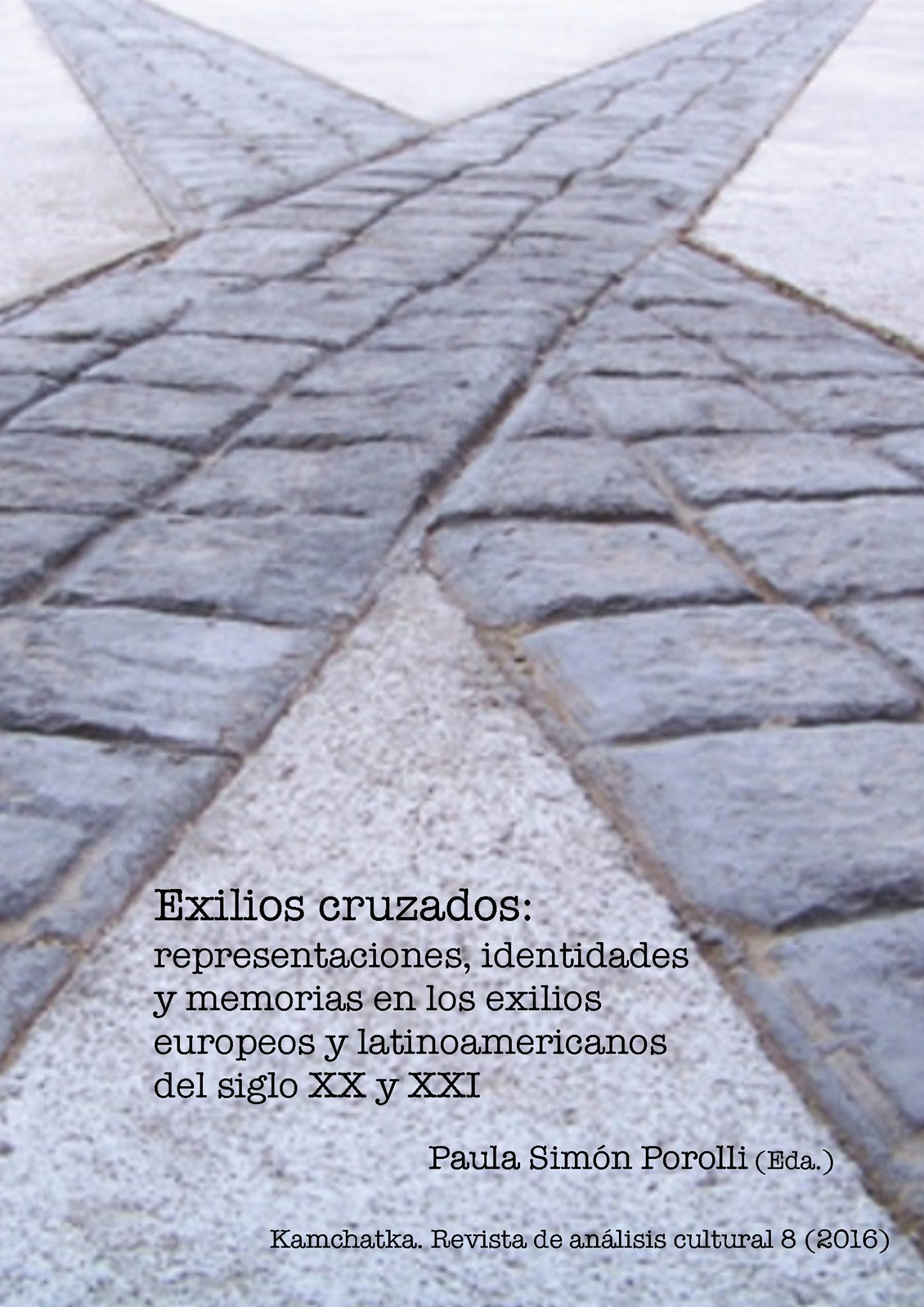Una historia que merece ser contada. Testimonio de Amparo Juan Izquierdo y entrevista a Natalia Arrieta / A story that must be told. Amparo Juan Izquierdo’s testimony and interview to Natalia Arrieta
DOI:
https://doi.org/10.7203/KAM.8.9431Keywords:
testimonio, entrevista, campos de concentración franceses, migración, Abstract
Abstract
Amparo Juan Izquierdo (Torrechiva, Valencia, 1922 - Buenos Aires, 2012) fue una de las miles de españolas que, una vez finalizada la Guerra Civil Española, pasó por los campos de concentración franceses. En su caso, su destino fue el campo de concentración de Rouen, a donde llegó sola, luego de haberse desencontrado de sus hermanas en la frontera. Años más tarde, a principios de los cincuenta, Amparo emigró a Argentina junto a su marido y su hijo, y se radicó en Villa Tesei, provincia de Buenos Aires. Desde su casa, en marzo de 2012, nos contó su historia. Su testimonio se complementa con una entrevista a Natalia Arrieta, su sobrina nieta, a quien crió desde pequeña y quien se considera heredera de sus relatos sobre el exilio y la migración.
Palabras clave: Exilio; Guerra Civil Española, Argentina, Testimonio.
Amparo Juan Izquierdo (Torrechiva, Valencia, 1922 - Buenos Aires, 2012) was one of the thousands of Spanish republicans who, after the Spanish Civil War, passed through the French concentration camps. Her destiny was the concentration camp of Rouen, where she arrived alone, after leaving her sisters in the border. Years later, in the early fifties, Amparo emigrated to Argentina with her husband and son, and settled in Villa Tesei, province of Buenos Aires. From his home in March 2012, she told us her story. Her testimony is complemented with an interview with Natalia Arrieta, her niece granddaughter, whom she raised as a child and who is considered heir to her stories about exile and migration.
Keywords: Exile; Spanish Civil War, Argentine, Testimony.
 Downloads
Downloads
Downloads
Published
How to Cite
-
Abstract3142
-
Testimonio y entrevista (Español)755
Issue
Section
License
This journal provides an immediate free access to the content on the principle that freely make investigation available to the public, which promotes an increased global knowledge exchange.
Unless otherwise indicated, texts published in this journal are under the license Attribution-NonComercial 4.0 by Creative Commons. These texts may be copied, distributed and publicly communicated whenever the publication’s author and title are quoted and whenever they are not used for commercial purposes. In any case, intellectual property of the articles and its potential economic rights entirely belong to its authors.
The full license can be consulted on https://creativecommons.org/licenses/by-nc/4.0/. We encourage authors to disseminate papers published in Kamchatka. Journal of cultural analysis electronically, in institutional digital repository or in their websites.





